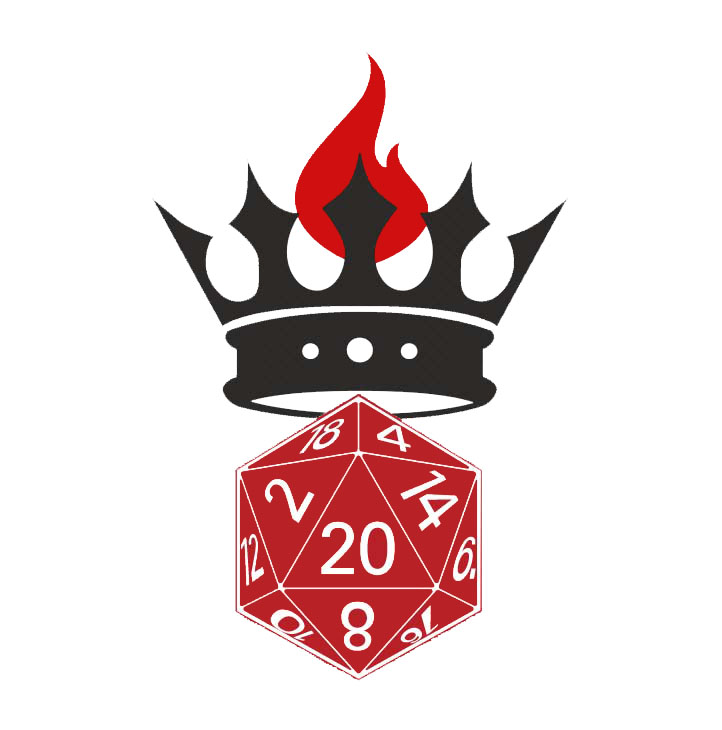
The governor General of Canada was a position that was held by a British appointed administrator to oversee governance of the territory of Canada. This role was abolished and replaced by the role of Prime Minister upon the proclamation of the Kingdom of Canada. The last Governor General was Viscount Charles Stanley Monck in 1867. He then took up position as the first Prime Minister under King Alfred I.
The role of Governor General was appointed by the monarch of Great Britain and the United Kingdom. Since the merger of the Canadas into one Province, the monarch tasked the Governor with performing the constitutional duties of the crown on their behalf. As such, when Prince Alfred took the title as King of Canada in 1867, the role was no longer required.
The purpose of the role of Governor General was a representative of the Monarchy within British North America. However, upon the establishment of Canada as a separate Kingdom, the powers were henceforth transferred to the monarch themselves, while many of the head of government duties remained within the role of the Prime Minister.
The Governor General of Canada was the highest ranking member of the Canadian government, subject only to the monarch. All of the executive, legislative, and judicial was vested primarily with the sovereign of the United Kingdom of Great Britain and Ireland. The role was meant to stay in place upon the elevation of Canada to the status of kingdom, but Queen Victoria instead entrusted the role of monarch to her son, Alfred.
The duty of the Governor General of Canada dates back to prior British rule of the area. The role dates back to that of Viceroy of Canada when the territory was under French control. In 1841, the roles of Governor of Upper Canada and Lower Canada were merged into the Governor General of the Province of Canada. Upon consent of Queen Victoria, Canada was granted independence in 1867, wherein it was accepted her second son, Alfred, would take the role as king.
4th Viscount Monck, last Governor General of Canada and first Prime Minister
Alfred, Duke of Edinburgh and King of Canada
Type
Government
Demand
Defunct
Comments
Please Login in order to comment!





Canada with a King, now thats an interesting idea. Especially for the terrain and country size. A big reason decentralized leadership structures were the way things came together in the New World (Canada and the US specifically) is because of the sheer logistics of actually having one centralized power structure able to apply itself and actually exert direct control effectively over that much land in that shite of terrain (for troop movements) This is still true in the modern day. It matters far more who my local police chief is or the local judges, or the local MP is than it does which party is in office as PM or as Premier (so like think Governer of a State, we call ours for the Provinces Premiers), or the Head of Provincial police or that sort of thing. Cause they just can't effectively wield that influence consistently enough. So I'd be interested how well Canada as a Kingdom in your alternate earth holds up as it expands westwards.
You'd be correct in thinking it'd be difficult to manage. This is why I hypothesised with Oregon expanding northward, Canada would have to compete with them for access in the Northwest Territories.